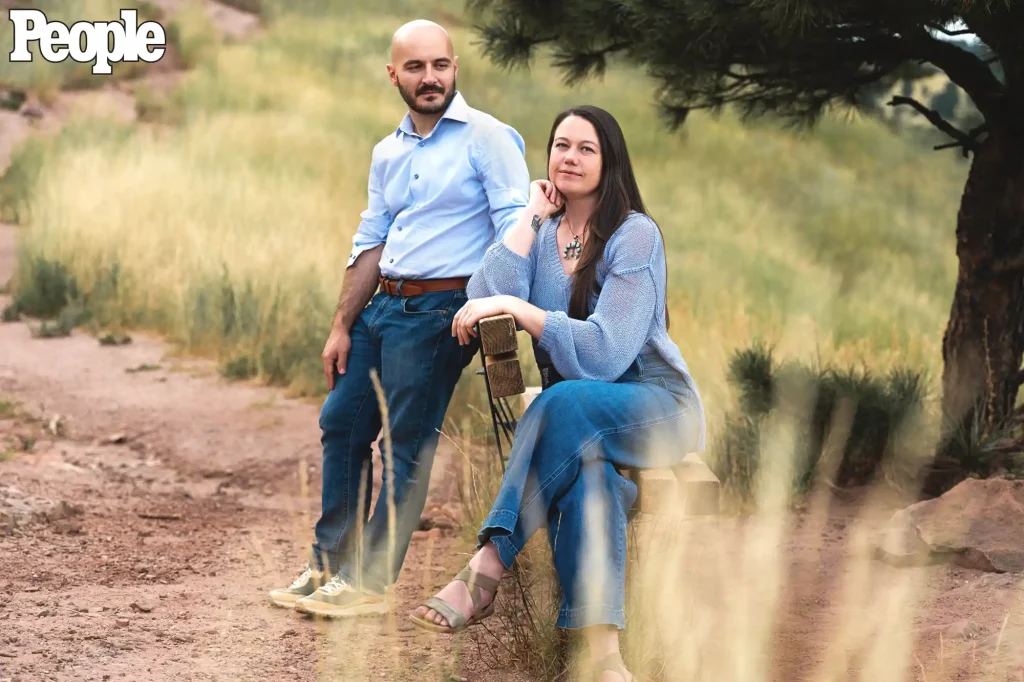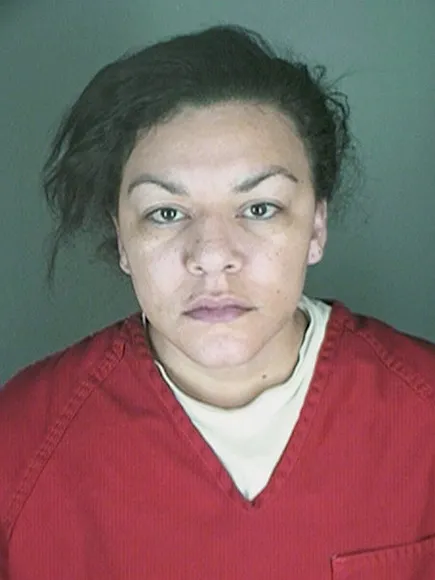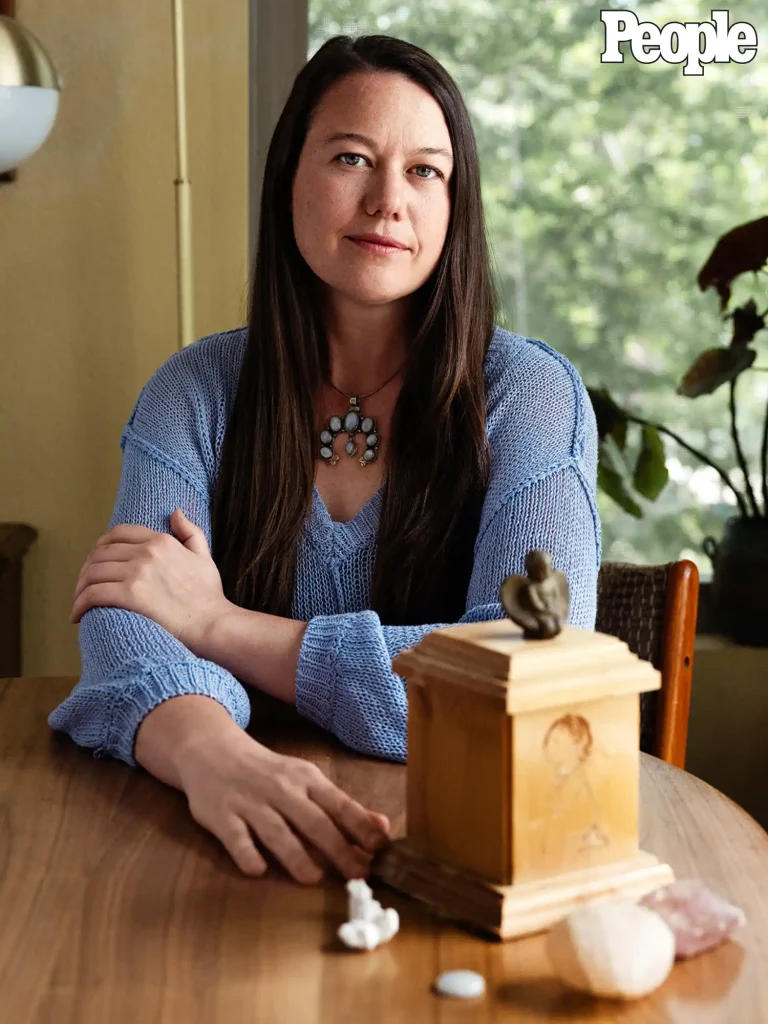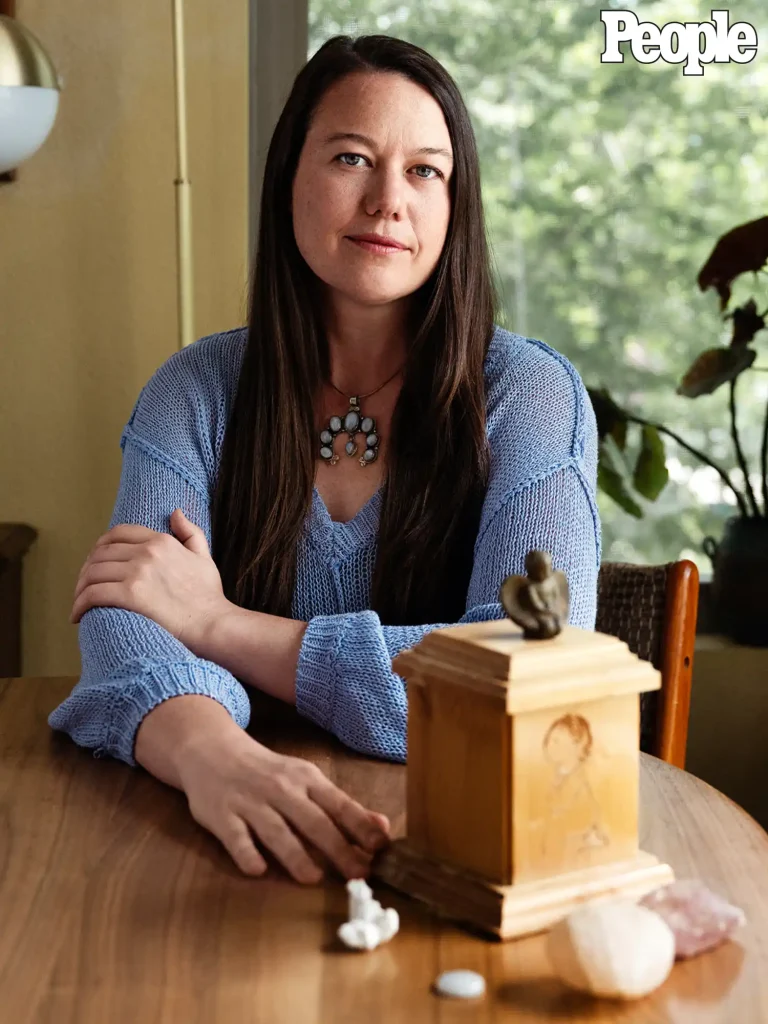Expectant Mom Was Lured by a Fake Ad, Then Her Fetus Was Cut from Her Womb. Finding Peace Again — and Love — Took Years
It’s the kind of story that shakes you to your core — one that seems too horrific to be real. In March 2015, 26-year-old Ellie Wilkins, then seven months pregnant, answered what she thought was a simple Craigslist ad for baby clothes in Longmont, Colorado. What she didn’t know was that the woman behind that ad, Dynel Lane, had sinister intentions that would change her life forever. What followed was one of the most shocking and heartbreaking crimes in recent memory — and a survivor’s years-long journey toward healing, peace, and rediscovering love.

When Ellie arrived at Lane’s home that day, she was full of the kind of excitement only an expectant mother could know. She imagined soft onesies, pastel blankets, maybe a few sweet words exchanged about motherhood. Instead, she was met with unimaginable violence. Lane attacked her, brutally cutting the unborn baby — a little girl Ellie had already named Aurora — from her womb. The assault was part of what prosecutors later described as a fake pregnancy scheme, a desperate attempt by Lane to pass off the baby as her own after suffering a miscarriage.
Ellie somehow survived. Bleeding, terrified, and in shock, she managed to escape and call for help, clinging to life as paramedics rushed her to the hospital. Her baby did not survive. What happened next became national news — a case so disturbing it reignited debate across the country about fetal homicide laws and the safety of online interactions. But for Ellie, those headlines were just noise. All she cared about was surviving the trauma and learning how to live again without the daughter she had already loved so deeply.

Lane was later convicted of attempted murder and sentenced to 100 years in prison. Ellie testified at the trial, her voice shaking but determined. “I wanted justice for Aurora,” she said, her strength visible even through tears. The courtroom was silent as she spoke, her story a haunting reminder of resilience born from tragedy.
But what happened after the cameras left is the part of Ellie’s story that deserves to be told just as much — the slow, quiet process of rebuilding. The years that followed were filled with therapy sessions, sleepless nights, and small steps toward peace. For a long time, Ellie couldn’t bring herself to trust people again. Even something as simple as answering the door made her heart race. But little by little, she began to heal.

She found solace in nature, spending hours walking in the woods and learning to breathe again. She journaled, prayed, and allowed herself to grieve openly. “I used to think healing meant forgetting,” she said in a recent interview, “but now I know it means learning to carry it with grace.” Her strength came from small acts — talking to other survivors, lighting candles on Aurora’s birthday, and, eventually, opening her heart to love again.
Today, Ellie is married and living a quieter, safer life. She still carries the memory of Aurora with her every day, wearing a small pendant engraved with her baby’s name. “She’s still with me,” Ellie said softly. “In everything good I do, in every bit of peace I feel — she’s there.”
Her story is one of unimaginable pain, but also of extraordinary resilience. Ellie’s journey reminds us that even in the darkest corners of human cruelty, there can be light — and that love, no matter how long it takes, has the power to rebuild what was once broken.



